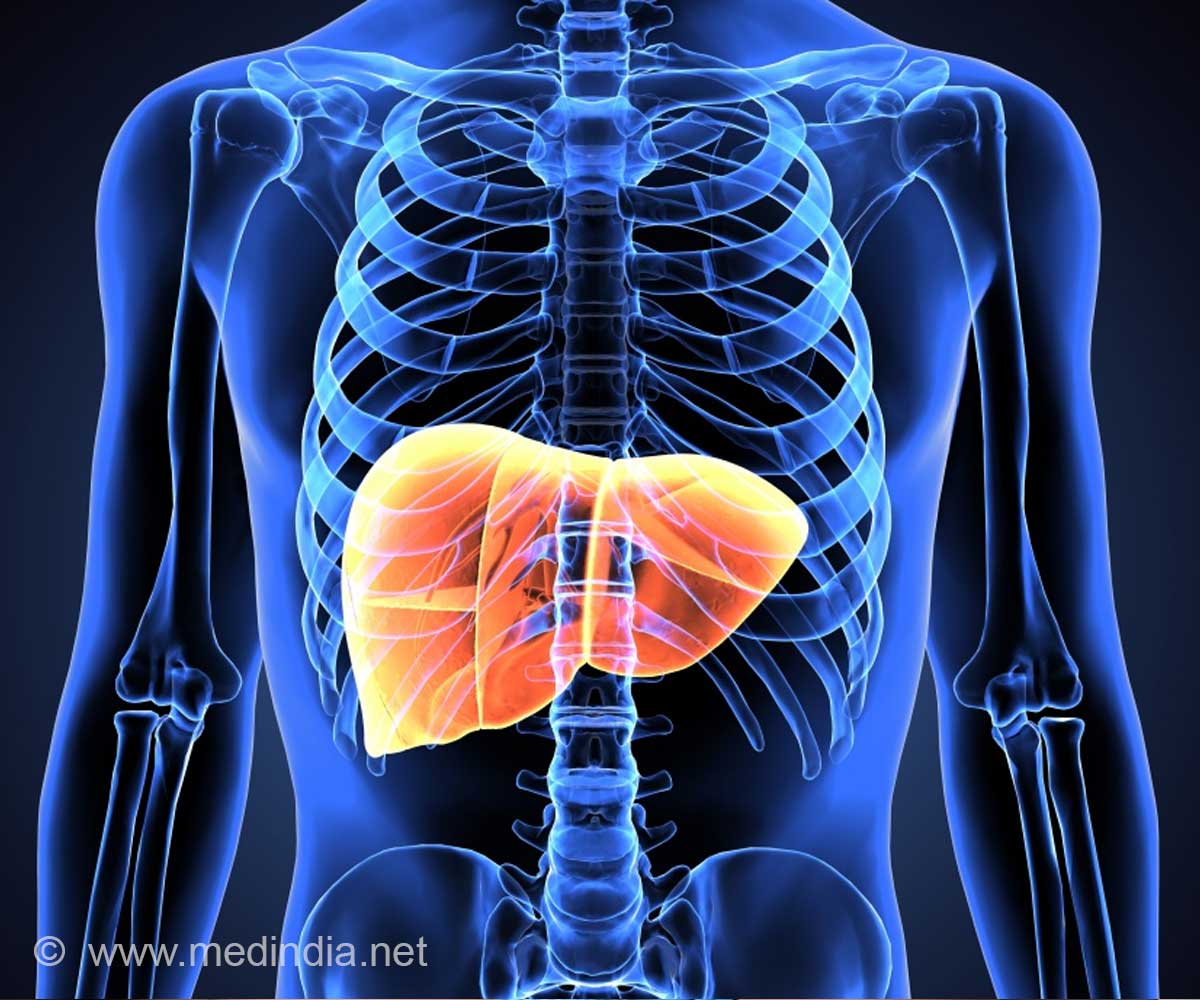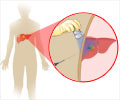
‘Drug combination could help reduce the rates of liver cancer recurrence after surgery.’
Read More..Tweet it Now
15 patients with hepatocellular carcinoma (HCC) were included in the study who could not be treated previously with surgery. The drugs allowed 12 patients to undergo successful surgical removal of their cancer. Five of these 12 patients had only 10% or less of their tumor remaining after the drug treatment.Read More..
Less than 30% of HCC cases globally can be surgically resected at the time of diagnosis, either because the liver is much damaged or cancer has spread into tissues that make surgery too difficult.
“The patients who are enrolled in this study are typically just thought of as incurable in the current conventional sense, so the fact that we saw these responses was really exciting, because this suggests this strategy could be adopted for very challenging incurable diseases,” says Won Jin Ho, M.D., assistant professor of oncology at the Johns Hopkins University School of Medicine and first author of the study.
HCC is unusual among solid-tumor cancers because there have been no systemic therapies used to treat the cancer to make it more amenable to surgery, says Mark Yarchoan, M.D., assistant professor of oncology at the Johns Hopkins University School of Medicine and senior author.
“We had a hunch that there were patients who were currently incurable that we could get to a surgery who would do well, and sure enough, there was a group of patients who participated in this study who are alive today without tumor who would not have been offered surgery before.”
Advertisement
Five patients who underwent surgery and had their tumors shrink significantly have remained disease free for more than 230 days so far. Four of the seven patients who did not have a significant tumor response developed disease progression between 56 and 155 days after the end of treatment.
Advertisement
“At other institutions where you might just see a surgeon, there isn’t an opportunity to discuss adding in medicines.”
Researchers looked at immune response and tumor microenvironment in blood and tissue biopsies from patients enrolled in the study to learn more about exactly how HCC responded — or didn’t respond — to the combination treatment.
Imaging mass cytometry allowed the clinicians to observe multiple types of cells at once, “and really understand their relationships with one another,” says Ho.
Distinct aggregation of immune B cells was indicative of a response to cabozantinib and nivolumab, supporting a strong antitumor response. The technique also helped the researchers see how the proximity of B cells and T cells to some macrophage immune cells with an immunosuppressive effect was characteristic of tumors that were resistant to the combination treatment.
In-depth look at the tumor microenvironment could help clinicians search for drugs that promote a B cell response or reprogram immunosuppressive immune cells in the liver to make them more responsive to therapy, the researchers note.
Source-Medindia











